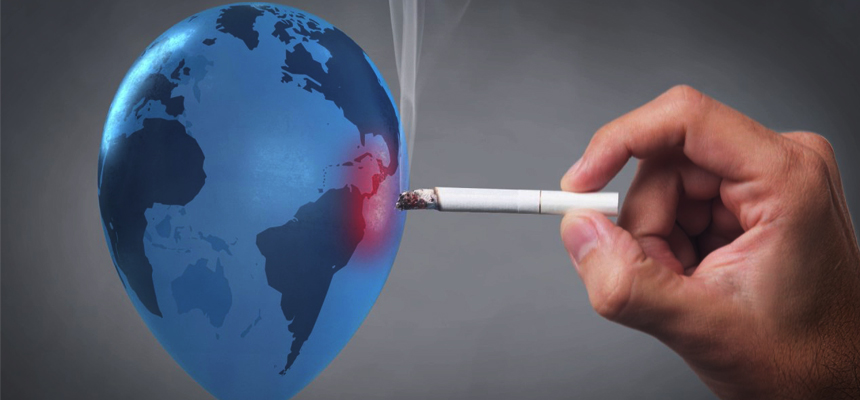IMPACT OF NUTRITION POST COVID National Nutrition week

The National Nutrition week (NNW) is an annual nutrition event initiated by Food and Nutrition Board, Ministry of Women and Child Development, Government of India. It is observed throughout the country from 1st to 7th September every year. The main Objective to celebrate nutrition week is to raise awareness on the importance of nutrition for health which has an impact on development, productivity, economic growth and ultimately National Development.
POST COVID COMPLICATIONS
(1).jpg) Due to long term effect of coronavirus, patients can develop post-COVID complications like pneumonia, body pains, headache, hyperglycemia, fatigue, dyspenia, weight loss, myalgia, insomnia, anxiety disorders, and fungal infections like mucormycosis.Condition associated with long term COVID-19 infection may be the result of injury to multiple organs, including the lungs, brain, blood vessels, skin, nerves, kidney and heart.
Due to long term effect of coronavirus, patients can develop post-COVID complications like pneumonia, body pains, headache, hyperglycemia, fatigue, dyspenia, weight loss, myalgia, insomnia, anxiety disorders, and fungal infections like mucormycosis.Condition associated with long term COVID-19 infection may be the result of injury to multiple organs, including the lungs, brain, blood vessels, skin, nerves, kidney and heart.
Since the past 2 years the whole world have been suffering from corona virus and we have lost alot of our loved ones. Let us see now how we can take care of our near and dear with proper intake of food in post covid. The road to complete recovery from COVID-19 is tiring. Besides sleep and rest, eating healthy is an essential, now to aid in healing.
“Good nutrition helps your battered body build up its energy levels as fast as possible,” “A well Balanced diet” will ensure individuals are healthy and have better immune system and their by lower the chronic illness and infectious diseases.
Few modifications in your daily routine which will help early health recovery are:
• It is important to eat small meals in short intervals.
• The main diet focus should be to consume foods that support immunity, reduce inflammation and regulate blood sugar.
• Eat fresh and unprocessed foods every day: All whole grains and cereals
Eg: maize, millets, oats, whole wheat, brown rice are rich in fibre as germination and fermentation of these grains also increase the zinc content in them. This increase the zinc content in the diet, helps to prevent constipation and helps in good bowel movements and can help to maintain blood sugar and support immune function.
• Proteins are the major sources of energy, it is vital in the maintance of body tissue including development and repair. Quantity of whole grain pulses and legumes ( like rajma, chana all kind of dals, soy and soy bean products ,nuts and seeds (almonds, walnuts, hazelnuts apricots etc) and milk and milk products like paneer, tofu, adequate quantity of curd in the menu provides good quality protein ,calcium and supply of all essential amino acids. For Non-vegetarians, pulses can be substituted with high biological proteins like eggs and fish and poultry and lean meat in moderation.
• Eat plenty of fruits and vegetables: Foods such as vegetables and fruits, nuts and oil seeds are rich sources of good quality of vitamins, minerals antioxidants, fiber and bioactive substances. Try to have at least 5-6 servings of fruits and vegetables per day as raw or just add them to your milk shake/lassi. And vegetables in any form may be cooked, steamed, boiled, raw salads or in snacks.
• Vitamin C helps in enhancing our immune system and fights off the infection in the body, so give emphasis amount of citrus foods and vegetables like oranges, sweet-lime, kiwi, guava, broccoli, bell peppers, tomato and green leafy vegetables, sprouted seeds as they rich in vitamin C.
• Eat moderate amounts of fat and oil : Consume unsaturated fats (eg: found in fish, avacodo nuts, olive oil, soy canola, sunflower and corn oils) rather than saturated fats (eg: found in fatty meat, butter, palm oils ,cream, cheese, ghee and lard).
• Avoid intake of HFSS: High in fats/oils, salt, sugar foods like chips, cookies, pastries, biscuits, puffs, fried stuffs, breakfast cereals, noodles, pastas, pizzas, burgers, ice creams etc..
• Avoid commercially available fruit juices and carbonated beverages like soft drinks or sodas and other drinks that are high in sugar.
• When cooking and preparing food, limit the amount of salt and high sodium condiments (eg: Soy sauce etc). Limit your daily salt intake less than 5 gms (approximately 1 teaspoon) use Iodized salt’
• Keep yourself well hydrated: Drink atleat 3-4 litres of water daily. Keep a bottle handy with you to track your water count daily.
• Rest regularly and sleep at least 7-8 hours daily.
• Regularly Exercise (approx 30-35 minutes) walk is recommended.

 Disclaimer: Welthi.com does not guarantee any specific results as a result of the procedures mentioned here, and the results may vary from person to person.
Disclaimer: Welthi.com does not guarantee any specific results as a result of the procedures mentioned here, and the results may vary from person to person.









